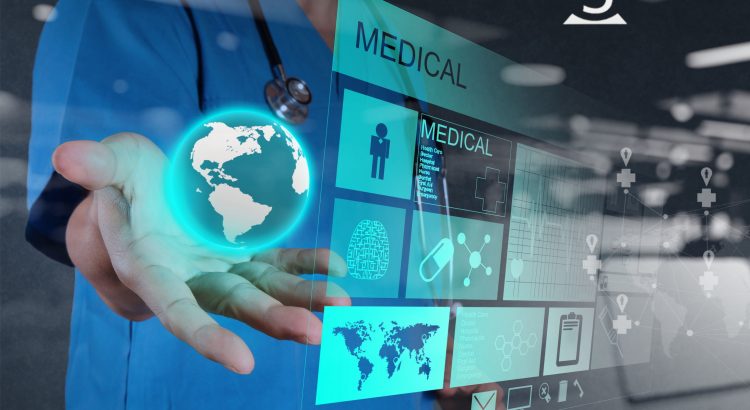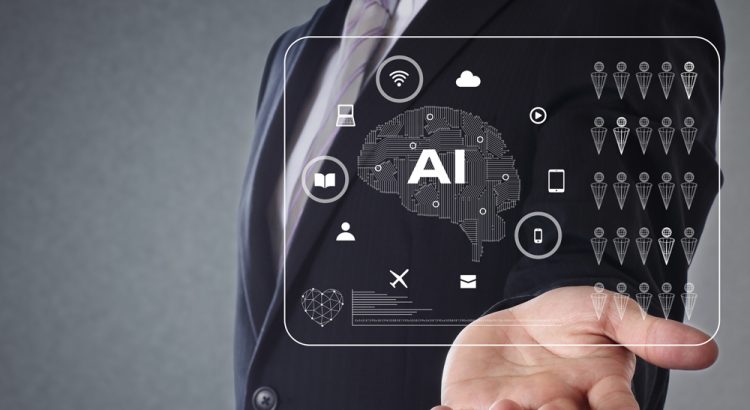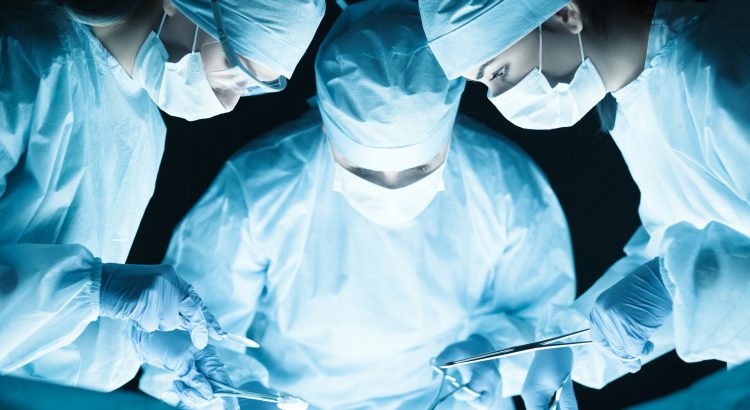Of the 27 million surgeries performed every year in the United States, 5% result in a Surgical site infection (SSI). A SSI is labeled as such when an infection occurs within 30 days of surgery or within one year of a foreign object being implanted in the body. While this number may seem low, the […]
Category: Medical PCs

Medical Computers For Emergency Room Use
In 2016, U.S. emergency rooms treated 145.6 million Americans for their emergency conditions according to the Center for Disease Control. This number has been steadily rising since the 1990s, and can be expected to continue increasing with each passing year. With such a high demand for emergency services, it is important to keep your hospital’s emergency […]

The Importance Of Antimicrobial Medical PCs
We all like to think of hospitals as places in society where people go to get healthier, and for the most part this is true. However, this is not always the case as hospitals can inadvertently become breeding grounds for harmful diseases. The CDC estimates that each and every day, 1 in 31 hospitals will […]

How To Prevent Critical Electronic Health Records Mistakes
There’s no doubt that medical grade computers have made hospitals safer, more productive environments to treat patients. From their antimicrobial coating which mitigates the growth of nosocomial infection causing bacteria to their robust IP certified water resistance, medical grade computers have made a lasting impact on the quality of care provided to patients. Sadly, […]

The Importance Of Digital Health Records
In no other field is staying on the edge of technology as important as it is in the medical field. Each day, new advances in medical technology are helping people live longer, happier lives. While some technology can assist in diagnosing, patient care, or even surgery, we should not overlook the clerical side of technology […]

Give Your Patients The Face-To-Face Time They Need
Face-To-Face: The Patient’s Preference It almost goes without saying that as social creatures, people love talking to people. But in today’s modern world, machines and automation are taking the human element out of many sectors of the economy, leading people to feel isolated from the institutions they rely upon. Nowhere else is this as pronounced […]

You Can’t Stop Clostridioides Difficile In The Hospital, But There Is Hope
If you work in a hospital, you may be familiar with Clostridioides difficile (C. diff), a bacterium strain that causes antibiotic-resistant infections. While the prospect of antibiotic-resistant bacteria, commonly known as “superbugs,” are scary enough on their own, a new study in the journal Antimicrobial Agents and Chemotherapy has given us a new reason to […]

Will AI Replace Doctors In The Near Future?
Every day there seems to be a new artificial intelligence (AI) that can compare our faces to celebrities or swap faces with friends. But recently the New Yorker published a story about how AI could one day take over the news rooms, and the implications of such a feat. AI are becoming increasingly complex, as […]
